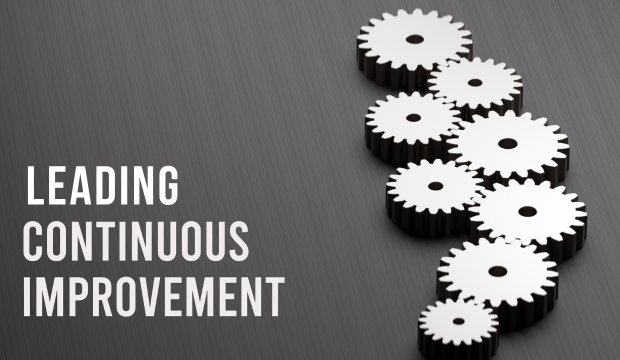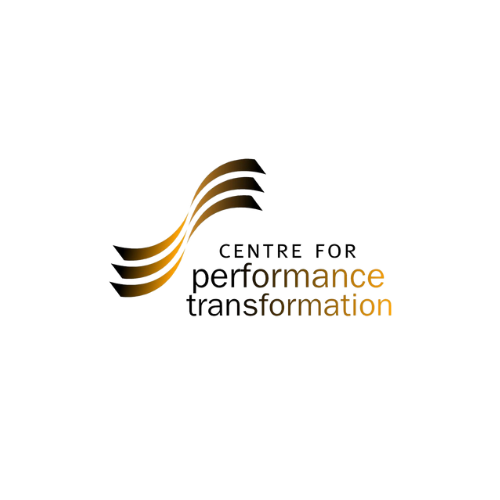
Kaizen is a Japanese term meaning change for the better or continuous improvement. It is an organised event, bringing people responsible for the area together, and empowering the team to improve and make changes to their work processes. This 3-Day workshop aim to provide leaders with the ability to plan and facilitate a successful Kaizen Event.
The 3-Day Workshop is organised, with experiential learning and simulations. Participants will be guided will through the following areas:
-
Equip participants with the competencies to plan and facilitate a Kaizen event.
Provide participants with tools and methodologies to guide team.
Engage stakeholders in generating buy-in for team efforts.
-
Planning a Kaizen Event:
What is a Kaizen Event?
The PDCA Methodology to a Kaizen Event.
Pre-Kaizen Preparation.
Stakeholders’ Engagement.
Facilitating Team in a Kaizen Event
Understanding the 4 Stages of Team Development.
Power of Facilitation:
Power of Questioning.
Power of Observation.
Power of Intervention.
Facilitating Tools Used in Kaizen Event.
Project Charter
Process Mapping
Value and Non-value-Added Activities.
8 Wastes in the Process
Gemba Walk
Causes and Effect Analysis and the 5 Why’s.
Creating Continuous Flow.
The 5S and Visual Control.
Mistake Proofing.
Brainstorming - From Ideation to Testing of Solutions.
-
There is no Skills-future funding for this workshop. The course fees is SGD648.00.
-
To be confirmed
Facilitating A Kaizen Event
Kaizen is a Japanese term meaning change for the better or continuous improvement. It is an organised event, bringing people responsible for the area together, and empowering the team to improve and make changes to their work processes. This 3-Day workshop aim to provide leaders with the ability to plan and facilitate a successful Kaizen Event.
The 3-Day Workshop is organised, with experiential learning and simulations. Participants will be guided will through the following areas:
Design Thinking Workshop (Skills-future Funding available)
-
EMPATHY Develop a deep understanding of users’ needs.
FRAME Clearly define the design challenge you want to solve
IDEATE Brainstorm potential solutions. Select and develop your solution
PROTOTYPE Design a prototype (or series of prototypes) to test all or part of your solution
TEST Engage in a continuous short cycle innovation process to continually improve your design
-
Introduction and Experiential learning on Design Thinking
The Design Thinking Framework
Empathy Mapping
Framing Point of View Statement
The Ideation Process
Prototyping and Testing
Reflection and Learning
-
Course Fees without Skills-future Funding: SGD1,524.96.
For Singapore Citizen and Permanent Residents entitled for 70% funding: SGD457.49.
For Singapore Citizen (Above 40 years old under Mid-career Enhanced Subsidy (MCES) with up to 90% funding: SGD175.09.
NTU/NIE alumni may utilise their $1,600 Alumni Course Credits.
-
To be confirmed
